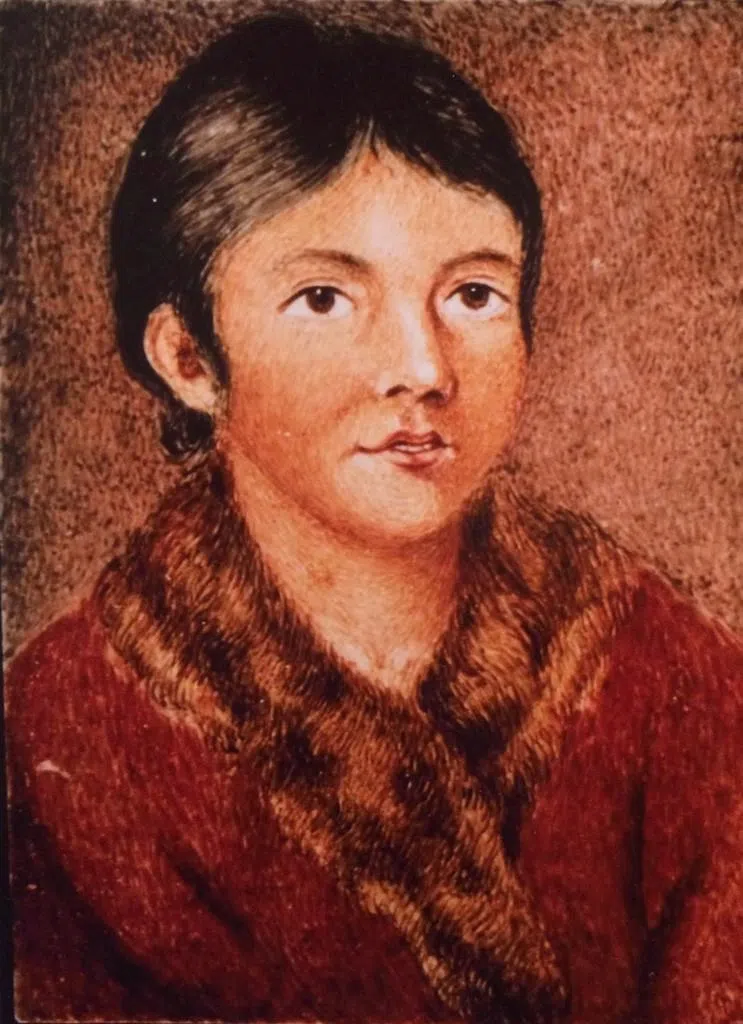
Scotland to return remains of now-extinct Newfoundland First Nation
ST. JOHN’S, N.L. — An Aboriginal leader was “delighted” Monday after a Scottish museum agreed to return the remains of two people from a disappeared Newfoundland First Nation.
“It’s almost 200 years later, we’re finally going to get them back to where they belong,” said Chief Mi’sel Joe of the Miawpukek First Nation, who led an effort for the return of Beothuk people Nonosabasut and Demasduit.
National Museums Scotland announced Monday that their remains will be transferred to the Canadian Museum of History in Ottawa, following a legal request last year from the Canadian government.
Once in Canada, they will be transferred to Newfoundland and Labrador, Heritage Minister Pablo Rodriguez said in a statement.
